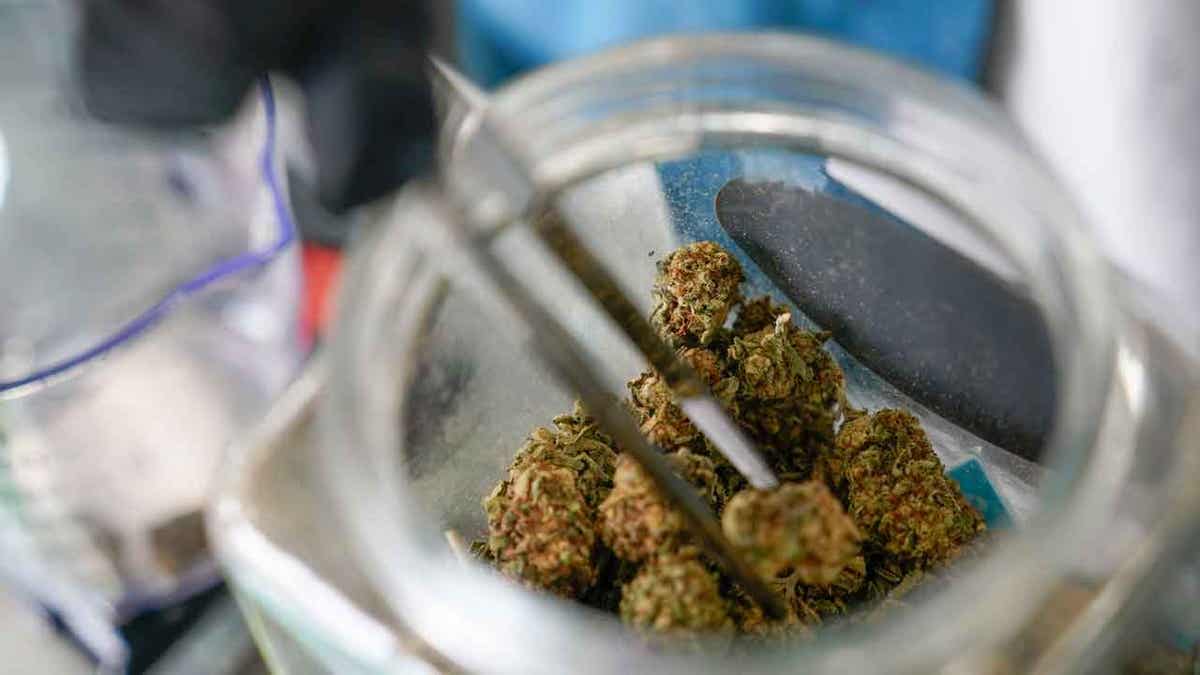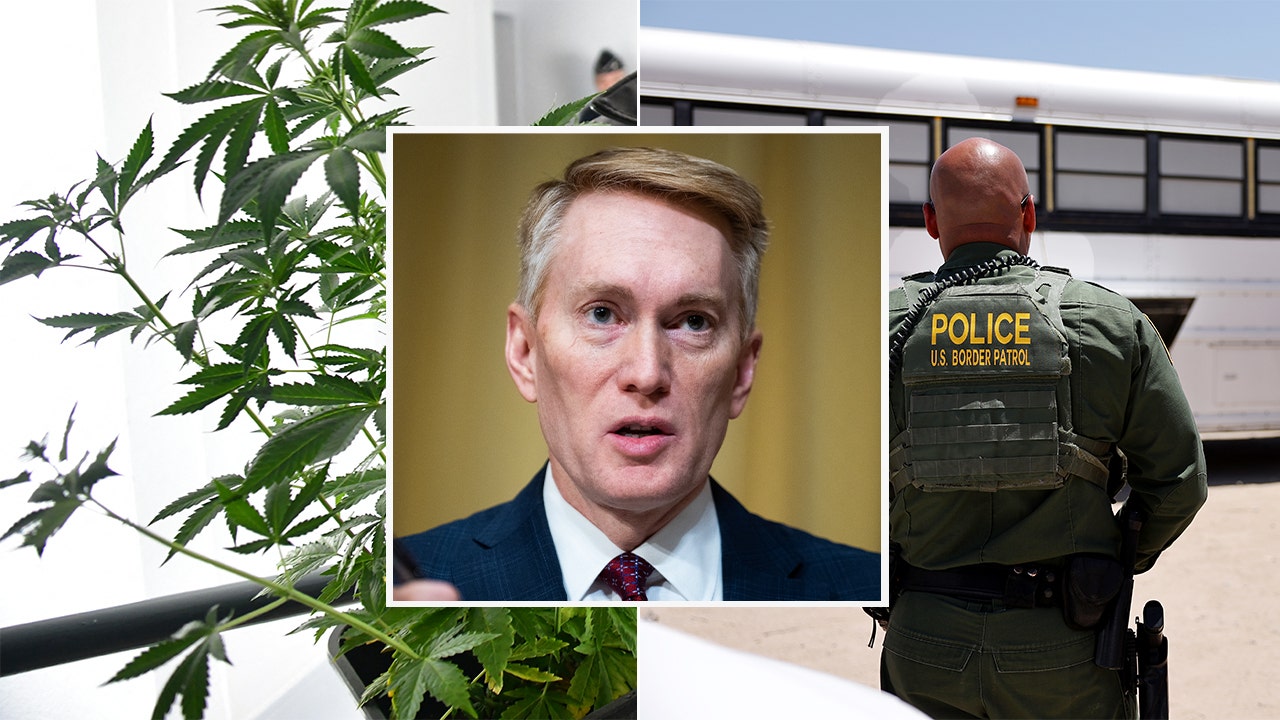In a letter sent on Sunday to Troy A. Miller, senior official performing the duties of the commissioner for CBP, the Republican asked him to “rescind this policy and restore the two-year lookback on marijuana usage among Border Patrol recruits.”
He charged that the marijuana policy’s reduction “undermines the security and integrity of the Border Patrol workforce and flatly contradicts Border Patrol’s mission to protect our nation against illegal drugs.”
The current policy of CBP on past drug use bars applicants from having used marijuana “within the 90 days prior to application to work for CBP.” It is unclear when this change was implemented. The senator’s office indicated the policy shift from two years to 90 days occurred within the past few months.
CBP did not provide comment to Fox News Digital by press time.
Lankford noted his staff was briefed by the agency last month on the policy’s amendment. According to him, CBP cited “confusion between Federal law and state law in states where marijuana has been legalized” in justifying the change.
According to the National Conference of State Legislatures, legislation to regulate marijuana for non-medical purposes or adult usage has been enacted in 24 states, as well as two territories and Washington, D.C. The NCSL’s data was updated Nov. 8, 2023.
SPIKE IN NUMBER OF ILLEGAL CHINESE IMMIGRANTS BECOMING US NATIONAL SECURITY ISSUE

The border has become a significant issue across the country heading into the November election. (Shaul Schwarz/Getty Images)
Lankford pointed out that the CBP is still a federal agency and as such must “ensure its personnel comply with federal law regarding the illicit or otherwise prohibited use of controlled substances.”
As the ranking member of the Subcommittee on Governmental Operations and Border Management, he cited his position, noting the entity “retains jurisdiction over Federal hiring and border management.”

Numerous states across the country have legalized marijuana. (AP Photo/Seth Wenig, File)
The Republican senator additionally wrote that briefers for CBP indicated recruits who reveal past marijuana usage during polygraph tests frequently also admit to “other disqualifying criminal conduct.” Lankford remarked that the information is “not surprising.”
“Border Patrol’s primary mission is to stop the flow of illicit drugs and illegal immigration across our borders,” he stated. He claims this is inhibited by the policy change and the potential for recruits to have “paid a transnational criminal organization” is increased.
Given this possibility, Lankford claimed the reduced threshold for recruits’ past marijuana usage “directly contradicts” with the agency’s mission, and additionally presents “concerning security and integrity issues.”
